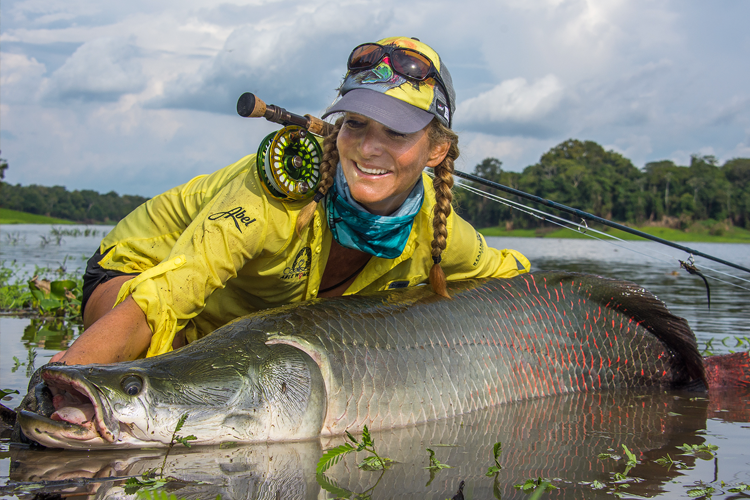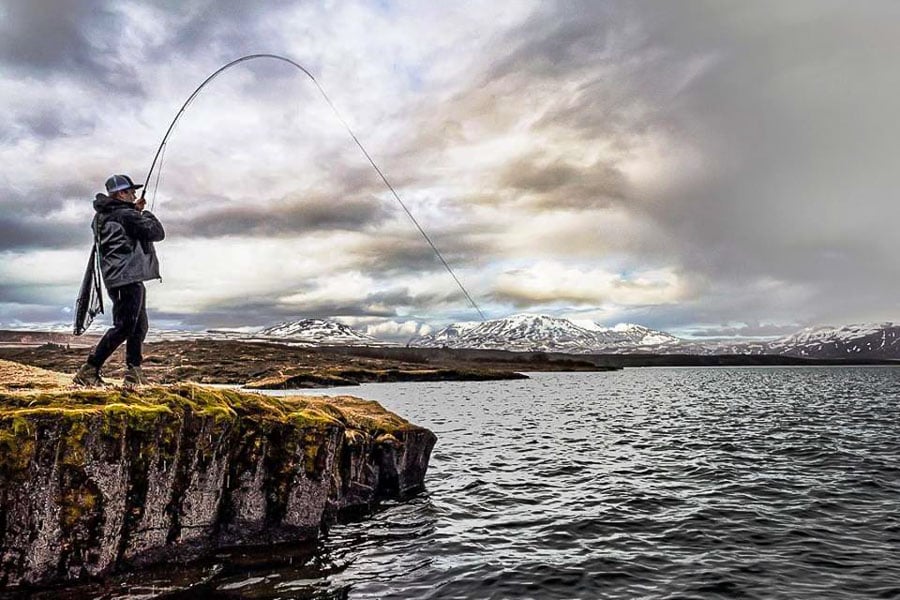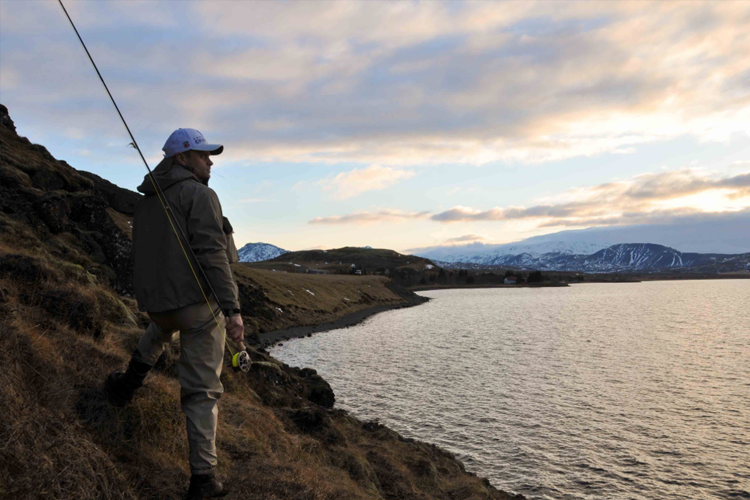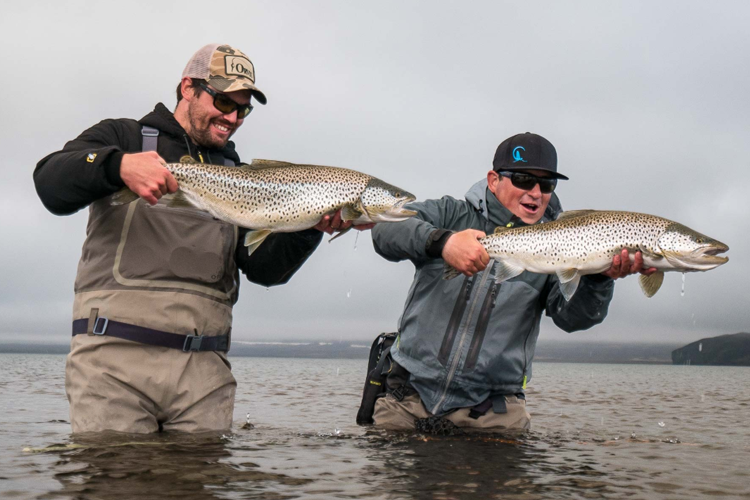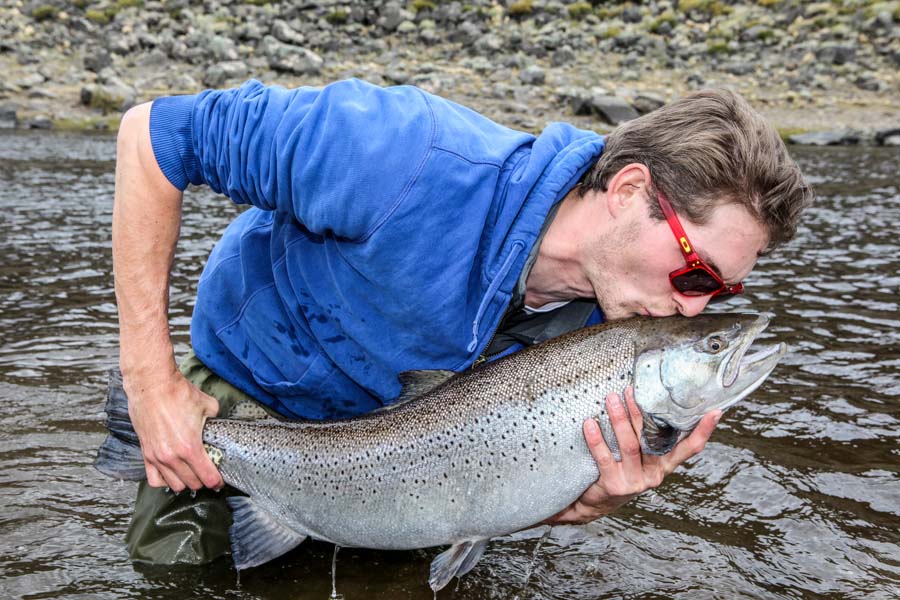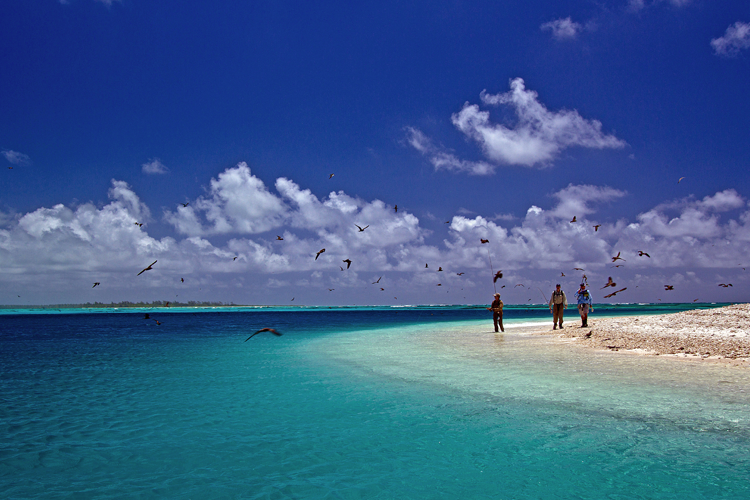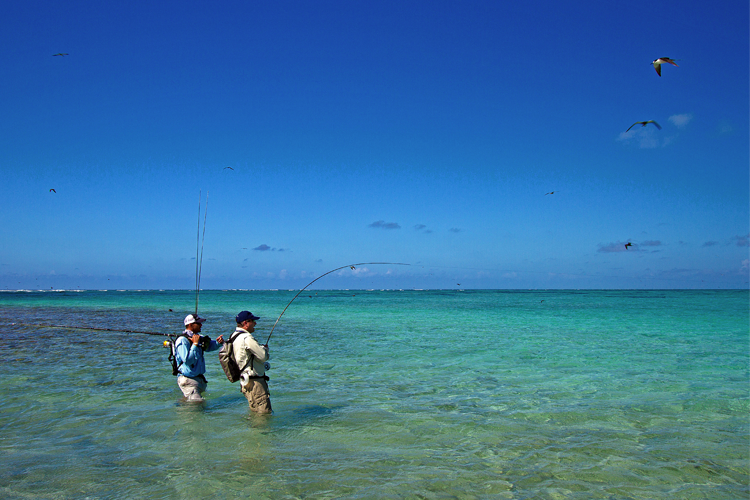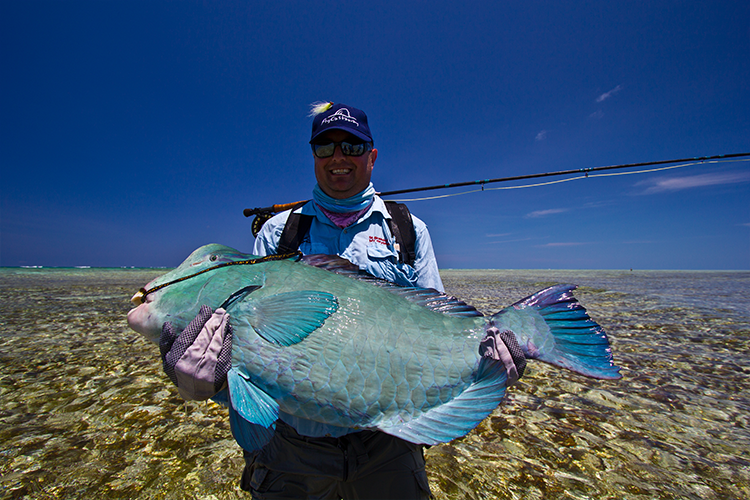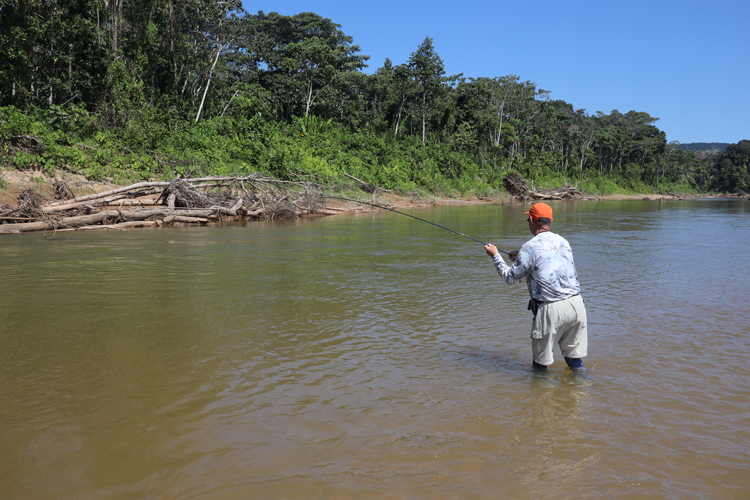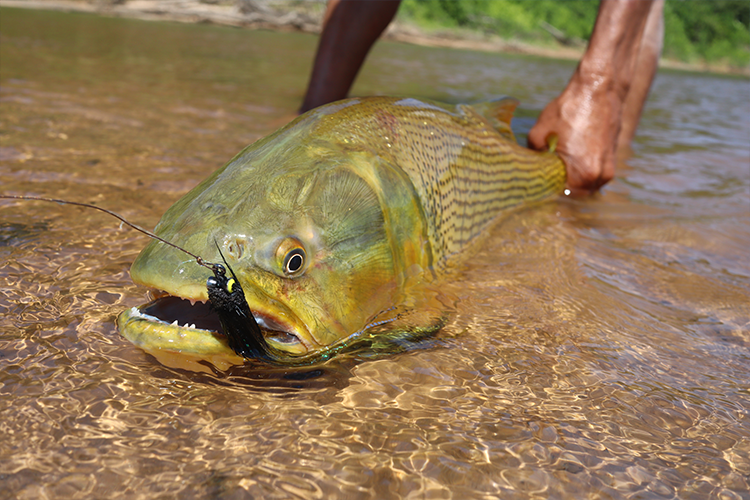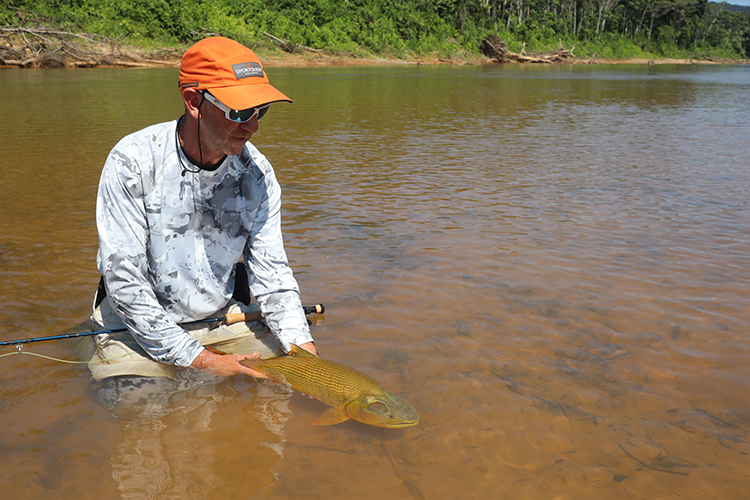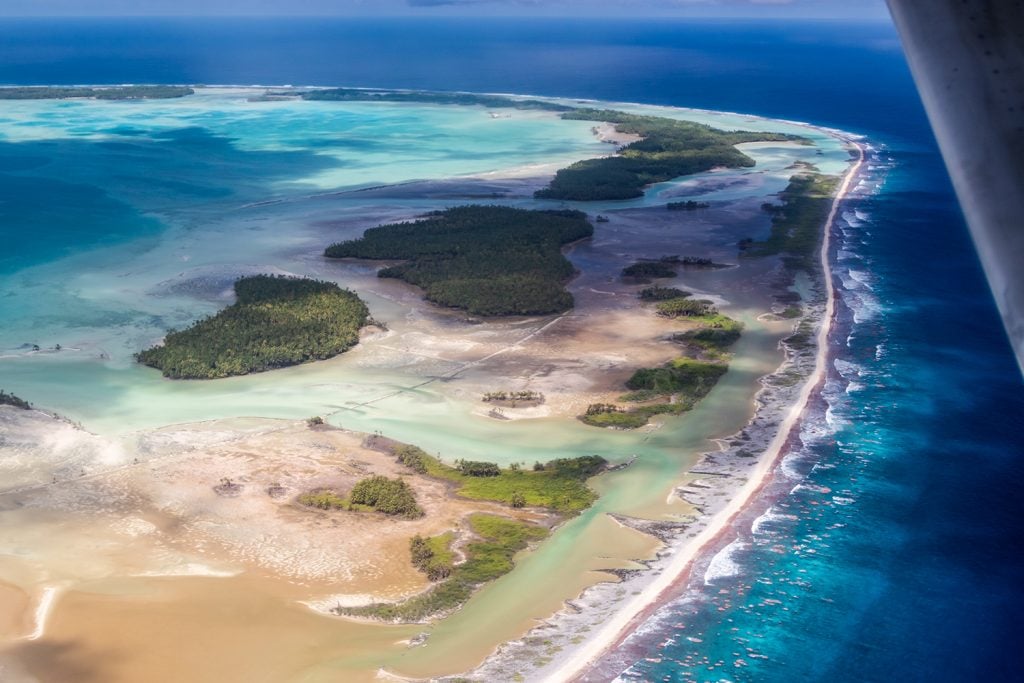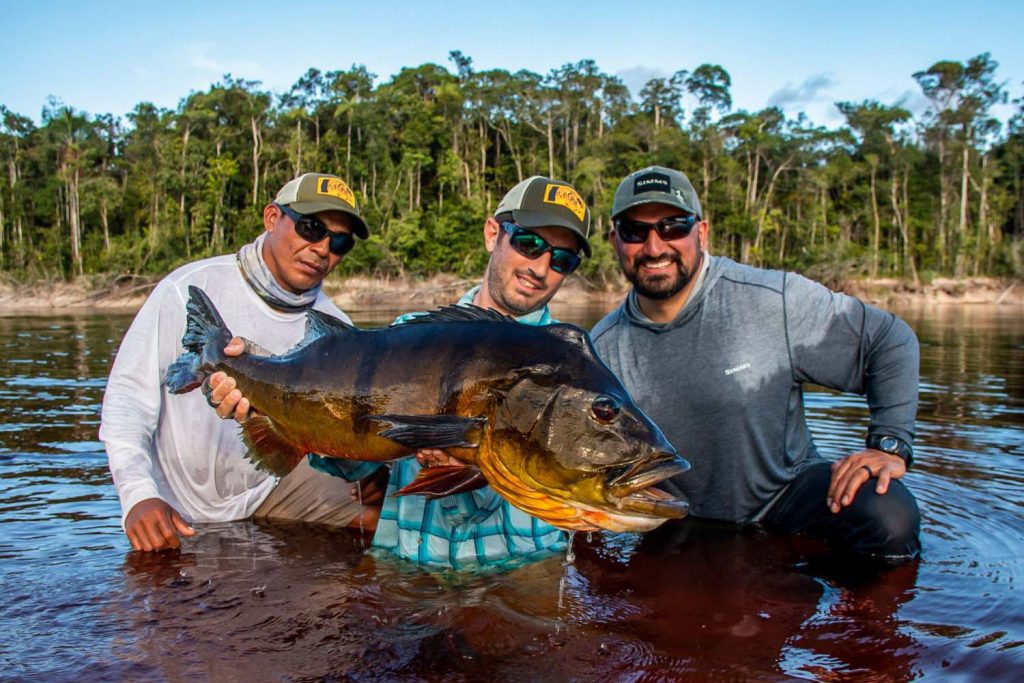Over the years, we have spent a long time on the water with many great fly anglers in some extraordinary locations all around the world and have picked up lots of Fly Fishing advice. Over this time, we have noticed anglers’ habits who catch more fish and those who do not.
Fly Fishing Advice –
We thought we would share some Fly Fishing advice from our observations to you all as it might just help you put the odd more fish on the bank.
Effective knots
An effective fly angler always gives their knot a good tug when tying it. This ensures it is strong and seated correctly. This little bit of attention to the crucial end of your line makes an amazing difference. It is uncommon for a great fly angler to ‘break one-off’.
Sharp hooks
Every great fly angler will check their flies point to make sure it is sharp. If it is not sharp, they will sharpen it or replace it. We have seen and witnessed many times when customers have missed a long hard awaited take only to find out when we check their basic fly to see it is blunt or the point broke off. We all can catch a fly or crack a fly and even snag the bottom, but each time check and check again.
Organised gear
It may sound quite obvious, but having organised tackle can help a lot. You need to ensure you have the right fly fishing gear for the situation. Being organised means you fish effectively when on the river or lake bank. Remember, an organised bag shows an organised mind, and your mind has more effect on your fishing than you realise.
If you look inside the tackle bag of an effective fly angler, you will not see a pile of mess. You will see neatly laid out fly lines, tapered leaders, floating line, to name a few things! It doesn’t matter if you’re talking to someone targeting coarse fish or Trout fishing; organisation is key!
Approach quietly & fish the near water first
Great fly anglers will make some short casts near the water first rather than jumping right into the run and launching one out at 70 feet. Remember, a thinking angler realises that there are two sides to a river, and fish are not always on the far bank. It never ceases to amaze us that people forget that fly fishing is like hunting; you need to creep up on your prey. If you ignore the above, you have just reduced your chance of catching a fish by 80%, and you have not even cast a line yet.
Listen to the guides
Effective fly anglers listen to their fishing guides. They are with you for a reason – they know the water better than you do. You are likely to catch more by listening to them; however, you can always try your own thing as guides can always still learn, but listen to your guide first and try it their way first, then if nothing, experiment.
Keep your fly in the water by minimizing false casts and re-casts
A fly in the air will not catch fish. You need to keep it in the water, even if it is not the best cast you have made. Remember, you’re only fishing when your fly is in the water. Also, remember, if you did not do a great cast, do not make it worse by stripping it in in anger, let it fish round out of harm’s way, then calmly strip it in and start again.
Keep the fly in the water by not constantly changing flies, sink tips, etc
Great fly anglers do not spend hours per day re-rigging when it makes little to no difference. Whether you’re changing to heavy flies or only the leader, focus on presentation and keep your fly in the water. This is hard to explain as there is a big difference between this and the other end of the scale, changing nothing and just going through the motions of casting your fly rod, stripping, bringing your fly to the surface then recasting. Think about your fishing, and you will then know when the right time is to change and try something else if nothing is working.
Take what the day gives
An effective fly angler will look at many variables, such as the weather and water, and plan according to these variables. They will not be rigid with their plans. Fishing is complicated, and various variables can impact the kind of techniques that are going to work on a given day. So go with the flow, and most of all, remember that each day on the water, even if you do not catch if you have learned something and enjoyed the day, it’s still a great days fishing.
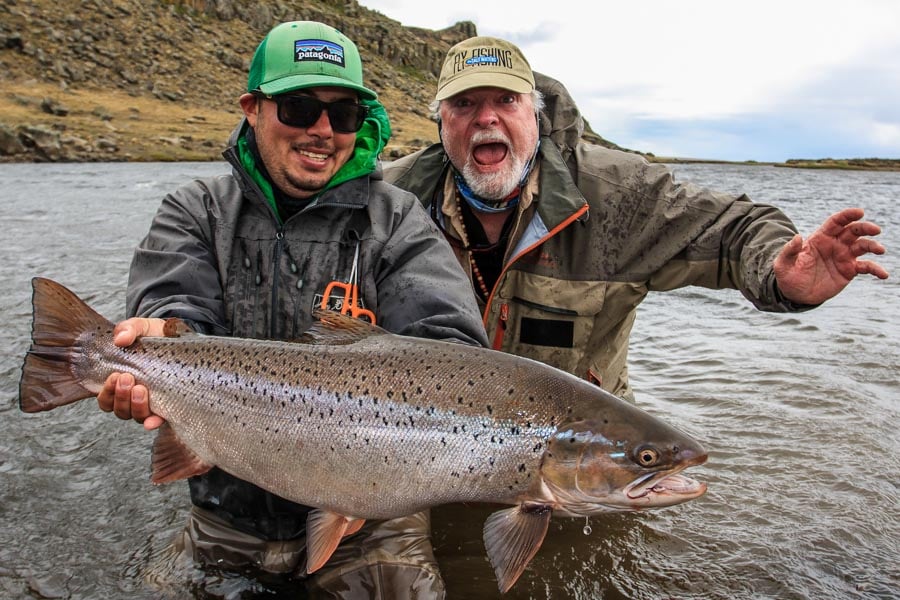

Practice casting
It is surprising how little supposedly ‘aspiring’ fly fishers practice casting. A good fly angler will practice this before heading on a big trip. If you are spending all of that time and money on a fishing trip, why wouldn’t you practice? A little practice can and does go along way; if not, it is true to say, as we see on many hosted trips, customers are at their best at the end of the week when it is time to go home. It’s always good to know exactly how your rod tip will react or altering your casts or techniques depending on what weight rod you use.
Never stop learning
Great fly anglers are as good as they are because they never stop learning. Truly great fly anglers know that they can always learn something new about fishing, whether it is about new techniques, changing things up or sitting back to watch the fish you are trying to catch to see how they react to a fly on the surface film or how they react to fast strips near the bottom.
Staying positive
An effective fly angler will stay positive and be grateful for a day on the water. Do not get mad about that bad cast or that fish you just lost. Stay positive, and you fish better.
If you have any more Fly Fishing Advice or handy tips, please let us know in the comment box below.
Tight lines,
Peter
Contact us
If you have any questions regarding any of our fly fishing holidays or any of our destinations, please feel free to contact our fly fishing expert, Peter Collingsworth, on 01603 407596 or by email at peter@sportquestholidays.com. You can see more of our fantastic fly fishing adventures over on our Youtube Channel or by taking a look at all of our freshwater fly fishing holidays here and our saltwater fly fishing tours here.
